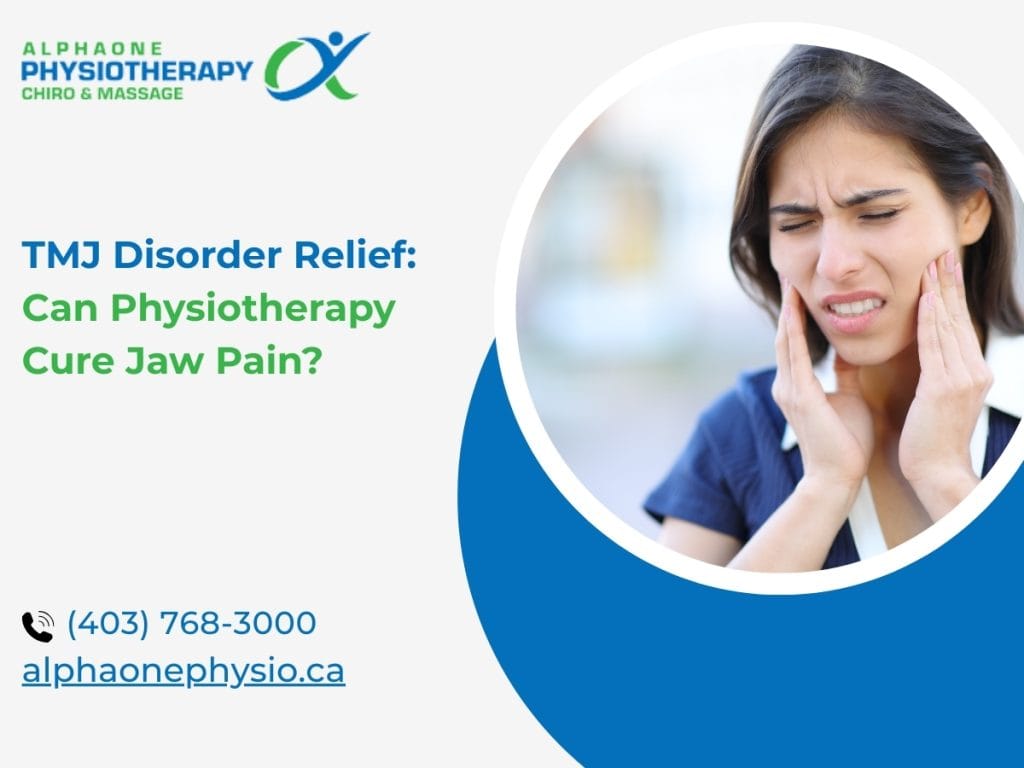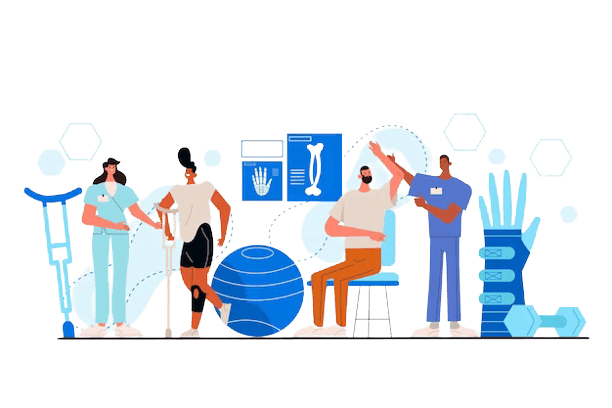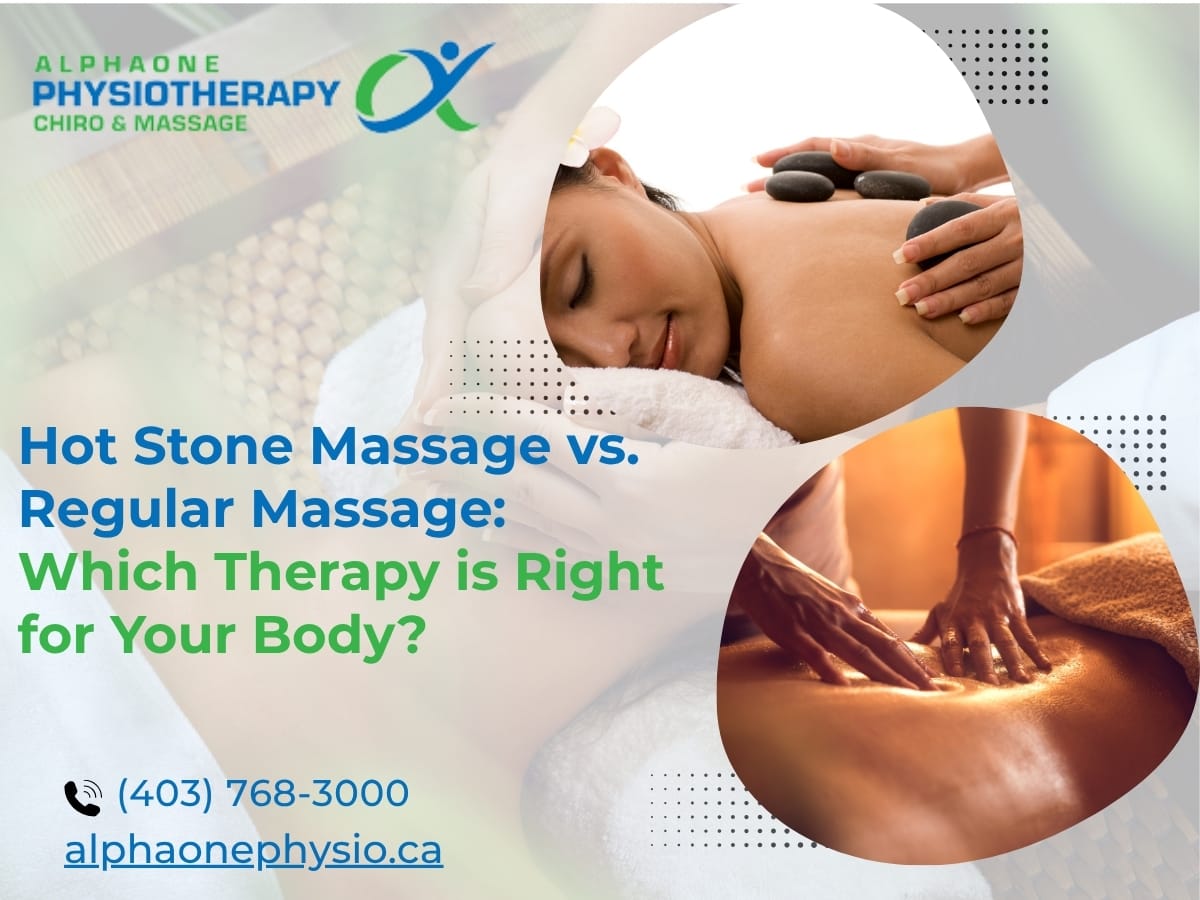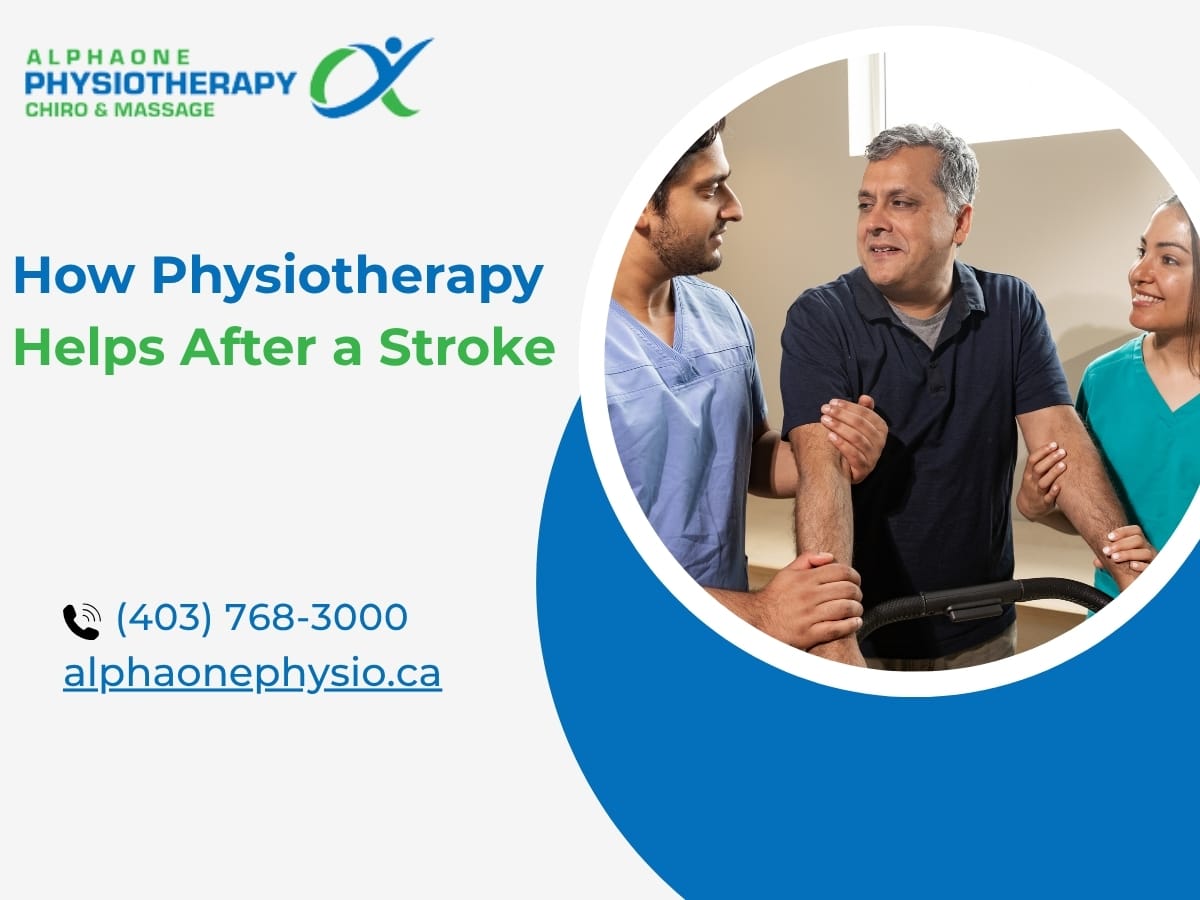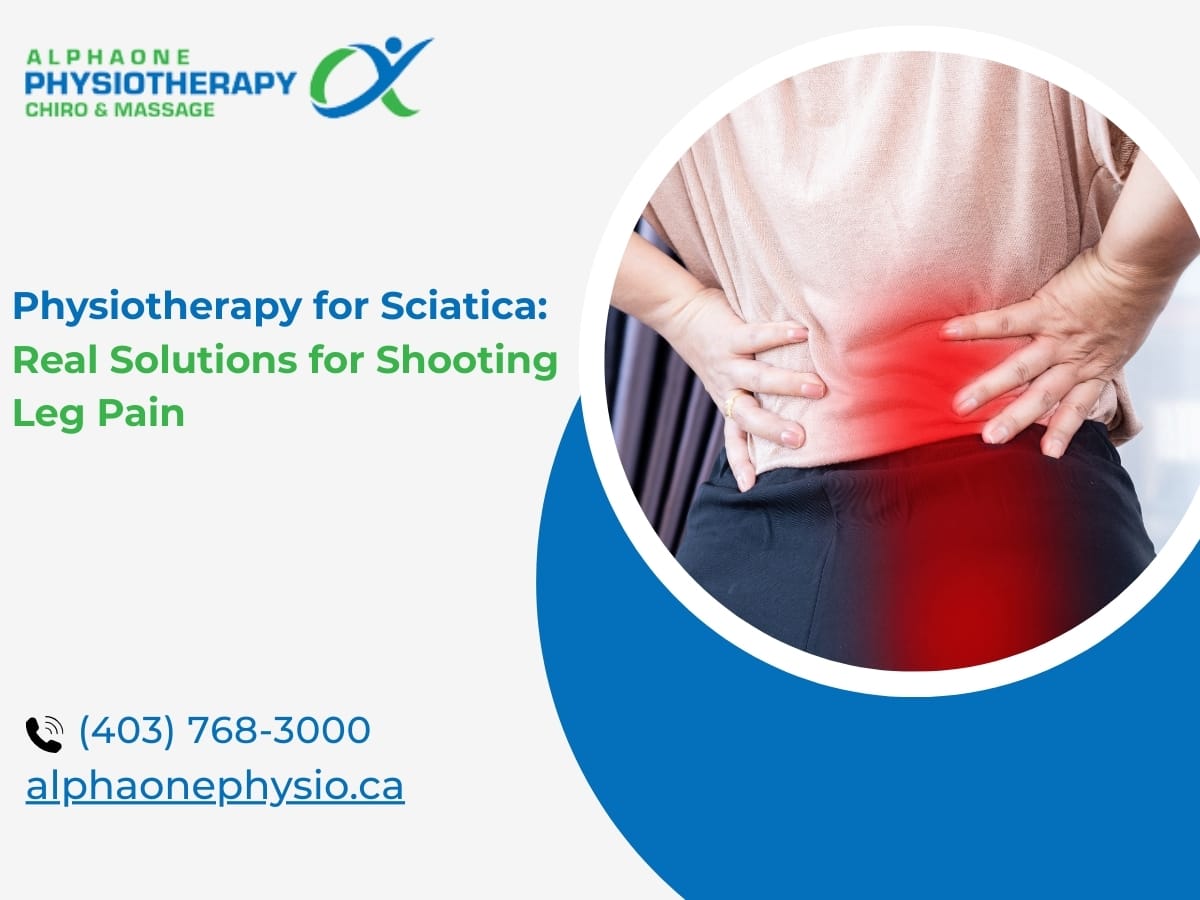Do You Experience Jaw Pain or Clicking Sounds When Chewing?
If chewing causes discomfort or you hear a clicking sound in your jaw, you may have temporomandibular joint disorder (TMD or TMJ disorder). This condition affects millions of people, often leading to persistent pain, difficulty moving the jaw, and even headaches or neck stiffness.
It plays an important role in speaking, chewing, swallowing, and yawning. When there is pain, stiffness, or difficulty in this joint, the condition is called TMJ disorder. TMJ Physiotherapy is a most effective non invasive treatment for Temporomandibular Joint (TMJ) disorders or TMJ Pain.
With the right TMJ treatment, you can wake up pain-free, enjoy meals without discomfort, and improve your quality of life.
According to a study published in the NIH (2023), over 10% of the adult population experiences TMJ-related symptoms at some point in life. These symptoms include pain, clicking sounds, jaw locking, and reduced mouth opening. The study also found that women are more likely to suffer from TMJ disorders than men, and the condition can affect quality of life if not treated properly.
What is TMJ (Temporomandibular Joint Disorder)?
The temporomandibular joint (TMJ) connects your jawbone to your skull, functioning like a sliding hinge. Located in front of each ear, it enables movements such as talking, chewing, and yawning. TMJ disorders arise when there’s dysfunction in this joint or the surrounding muscles, leading to symptoms like jaw pain, clicking sounds, and difficulty moving the jaw.
What Causes Jaw Pain?
Jaw pain can come from many different sources.
- One of the most common causes is teeth grinding or clenching (bruxism). This often happens during sleep without a person even knowing. It puts a lot of pressure on the jaw joint and muscles, which leads to pain over time. TMJ Pain develop over time due to habits, stress, or even factors beyond your control.
- Another common cause is injury or trauma. A hit to the jaw, whiplash from an accident, or even dental procedures can throw the joint out of balance. A blow to the jaw or head can damage the joint and nearby tissues. Even minor injuries can result in long-term jaw discomfort.
- Poor posture, especially neck and head posture, can also lead to jaw problems. Hours spent hunched over a phone or laptop put stress on the neck and jaw, affecting alignment and increasing tension.
- Arthritis in the joint– Just like other joints in the body, the TMJ can become stiff and inflamed due to arthritis, leading to pain and restricted movement.
- Misaligned Bite – When teeth do not line up properly, the jaw overcompensates, putting extra strain on the joint.
- Chewing Too Much – Frequent gum chewing or habits like nail-biting put extra pressure on the jaw muscles, leading to soreness over time.
All these reasons can increase the strain on the jaw joint and lead to temporomandibular joint disorder.
What Are the Symptoms of TMJ Disorder?
The symptoms of TMJ disorder can be different from person to person. In some people, the pain is mild. In others, it may become severe and affect daily life.
Common signs include:
- Jaw pain or discomfort on one or both sides
- Clicking, popping, or grinding sounds when moving the jaw
- Difficulty in opening or closing the mouth fully
- Feeling that the jaw is “locked”
- Headaches, especially around the temples
- Pain behind or around the ears
- Neck and shoulder pain
- Swelling on one side of the face
- Pain while eating, speaking, or yawning
These symptoms may come and go or stay for a long time if not treated early. Without treatment, TMJ disorders don’t just disrupt your daily life—they can lead to more serious issues, like chronic migraines or locked jaw. The good news Physiotherapy for TMJ provides relief without surgery or medications.
How Can TMJ Physiotherapy Help with TMJ Disorders & TMJ Pain?
Physiotherapy is a form of treatment that helps restore normal movement and function in joints and muscles. It does not involve surgery or medicine. For people with TMJ disorder, physiotherapy can be a very useful and safe option.
TMJ physiotherapy helps in many ways:
- It reduces jaw pain
- It improves jaw movement
- It relaxes tight muscles
- It corrects posture
- It lowers inflammation
- It prevents the problem from getting worse
A physiotherapist checks how the jaw is moving and finds out what is causing the pain. Then, a treatment plan is made based on the person’s specific condition.
How Can Physiotherapy Help with TMJ Disorder?
Physiotherapy is a form of treatment that helps restore normal movement and function in joints and muscles. It does not involve surgery or medicine. For people with TMJ disorder, physiotherapy can be a very useful and safe option.
TMJ physiotherapy helps in many ways:
- It reduces jaw pain
- It improves jaw movement
- It relaxes tight muscles
- It corrects posture
- It lowers inflammation
- It prevents the problem from getting worse
A physiotherapist checks how the jaw is moving and finds out what is causing the pain. Then, a treatment plan is made based on the person’s specific condition.
Manual Therapy for TMJ Pain
One important part of physiotherapy for jaw pain is manual therapy. This means the therapist uses their hands to move and relax the jaw muscles and joints. It includes massage, stretching, and joint mobilization.
Manual therapy improves blood flow, releases muscle tightness, and helps the joint move smoothly. It also reduces pain and improves mouth opening. This technique is gentle and safe when done by a trained physiotherapist.
Posture Correction for Jaw Pain
Bad posture is one of the silent causes of TMJ disorder. People who sit with their head forward or slouch often may unknowingly increase the pressure on their jaw and neck.
Posture correction for jaw pain is an important part of physiotherapy. The therapist teaches exercises to improve posture and reduce strain on the jaw. These exercises focus on strengthening the neck, shoulders, and upper back.
Better posture helps in keeping the jaw in a normal position, which reduces pain and improves joint function.
TMJ Exercises to Improve Jaw Movement
TMJ exercises are simple movements that help the jaw become strong, flexible, and relaxed. These are usually given as part of the treatment and must be done regularly.
Some common TMJ exercises include:
- Gentle jaw opening and closing
- Side-to-side jaw movements
- Stretching of neck and jaw muscles
- Controlled mouth opening with resistance
These exercises should be done slowly and without force. They help increase mouth opening, reduce joint noises, and bring long-term relief.
Non-Surgical Treatment Options for TMJ
Physiotherapy is a non-surgical treatment. It is often the first line of care before trying other options. Along with physiotherapy, other helpful non-surgical methods include:
- Hot or cold packs on the jaw to reduce pain
- Soft food diet to avoid hard chewing
- Stress reduction techniques to relax facial muscles
- Avoiding habits like gum chewing or nail biting
- Use of mouth guards for teeth grinding at night
These methods can be used along with physiotherapy for better results. They help protect the jaw joint and reduce repeated stress.
Is TMJ Physiotherapy a Permanent Cure?
In many cases, TMJ physiotherapy can give long-term relief. It treats the real causes of the pain such as muscle tension, joint stiffness, and poor posture. For some people, the pain may go away fully after treatment. For others, symptoms may come back if care is not continued.
It is important to follow the full treatment plan and do the home exercises regularly. This helps in maintaining the progress and avoiding future problems.
Physiotherapy works best when started early. Delaying treatment can make the condition harder to treat.
When Should a Person See a Physiotherapist?
A person should see a physiotherapist if they have:
- Pain in the jaw that lasts for more than a few days
- Difficulty in chewing or talking
- Clicking or locking of the jaw
- Headaches that feel like tension or pressure
- Pain around the ears or temples
- Stiffness in the neck and shoulders
Early physiotherapy can stop the problem from becoming serious and reduce the need for surgery or medicines.
Why Choose AlphaOne Physio for TMJ Physiotherapy?
At AlphaOne Physio, we specialize in TMJ physiotherapy in Calgary, using the latest evidence-based techniques to relieve jaw pain and improve function.
- Personalized Treatment Plans
- Experienced Physiotherapists
- Holistic Approach
Need TMJ relief? Contact AlphaOne Physio today and start your journey toward pain-free living!
Can Physiotherapy Resolve TMJ Permanently?
Temporomandibular joint disorder (TMJ) is a complex issue affecting the jaw joint and the muscles controlling jaw movement. While physiotherapy for TMJ offers significant relief, long-term results depend on individual factors like posture, stress levels, and daily habits. Many patients experience lasting improvement with consistent treatment and self-care.TMJ symptoms.
What You Can Do at Home to Support TMJ Recovery?
Even if you’re under professional care, small changes can amplify your results.
Here are simple steps you can take to manage TMJ pain:
- Relax Your Jaw: Avoid clenching or chewing gum. Practice relaxation exercises like gently opening and closing your mouth.
- Improve Your Posture: Sit with your head aligned over your shoulders, especially when using a computer.
- Choose Softer Foods: Swap hard-to-chew snacks for softer alternatives to reduce strain.
- Stress Less: Try deep breathing, yoga, or other relaxation techniques to ease jaw tension.
These habits, paired with jaw physio, create a strong foundation for long-term relief.
Summing It!
TMJ disorder can cause jaw pain, clicking sounds, and difficulty in opening the mouth. If not treated in time, it may affect eating, speaking, and daily comfort. Physiotherapy is a natural and safe treatment that helps reduce pain, improve movement, and prevent further damage to the joint.
It includes manual therapy, posture correction, TMJ exercises, and education on jaw care. These treatments work together to bring effective results.
At AlphaOne Physio, we are committed to helping you live pain-free. If you’re experiencing jaw pain, clicking, or stiffness, don’t wait—Call Now and Book Your Appointment

